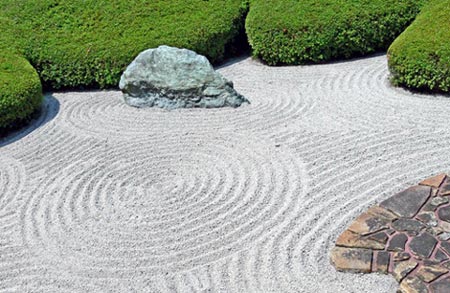
- Listen to the promptings of the heart a little more, and listen to the complaints of the mind a little less.
- Value Inner Peace above all other desires. – If we have inner peace we will be content no matter how many material possessions we have.
- Be a good listener. Don’t always talk about Yourself.
- Don’t expect from other people. If you expect from other people you will be disappointed at some time.
- Be willing to do things without demanding recognition. It is only the ego that wants recognition.
- Think of others more than you think of yourself. Self-giving is the secret of happiness.
- Avoid acting or speaking when angry or upset. If you wait your mood will improve and you will avoid regretting it later.
- Be Tolerant of Others. People are trying in their own way to do the right thing.
- Don’t try and do two things at once. If you are with someone, give your whole attention to them, – don’t be planning how to pay your gas bill.
- Don’t Try to Impress Others. There is no need.
O my mind,
You talk too much!
Do follow my heart
That lives in silence.
– Sri Chinmoy
“When you are content to be simply yourself and don’t compare or compete, everybody will respect you.â€
– Lao Tzu Continue reading “Simple and Practical Ways to Live a Better life”







